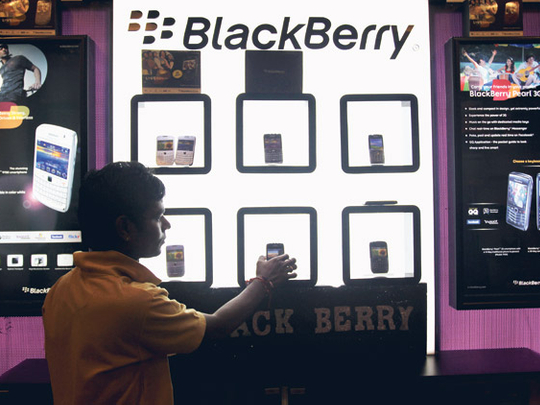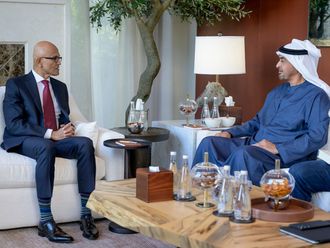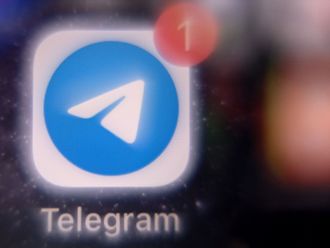
Mumbai : Research In Motion Ltd's concession in giving Indian authorities access to BlackBerry e-mail and instant-messenger correspondence means it's likely to do the same for other governments, analysts said.
The agreement sets a precedent that will make it difficult for RIM to refuse countries seeking similar conditions, said Romal Shetty, executive director of the telecommunications division at KPMG's Indian unit. RIM spokesman Satchit Gayakwad declined to comment on the government accord or discuss any details of the proposal.
RIM's proposal, disclosed by the Indian government yesterday, means the company may be willing to compromise on the privacy of corporate customers to placate regulators, said Prashant Singhal, head of the telecommunications division at Ernst & Young India Pvt. in New Delhi. Saudi Arabia and the UAE threatened to shut off BlackBerry services unless RIM opened its encrypted client data for the sake of national security.
"With some of the countries where discussions were on or are still on, like Saudi Arabia, governments may go back and ask for security codes, following in India's footsteps," Singhal said. "Most governments are going to ask for the same security solution RIM has offered."
RIM maintains a "consistent global standard" for lawful access to its messaging system that "does not include special deals for specific countries," the company said last week.
India accounts for about 2 per cent of RIM's 46 million customers worldwide. Concerns that regulators in the Middle East and India would ban BlackBerry services contributed to Morgan Stanley cutting its investment rating on RIM this month.
India's telecommunications department will test RIM's proposal for 60 days to see whether it allows security agencies to tap its messenger- and corporate e-mail services, Onkar Kedia, an Indian Home Ministry spokesman, said August 30 without providing further details.












